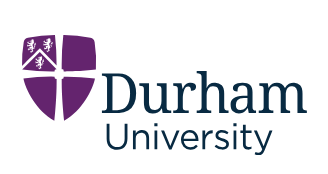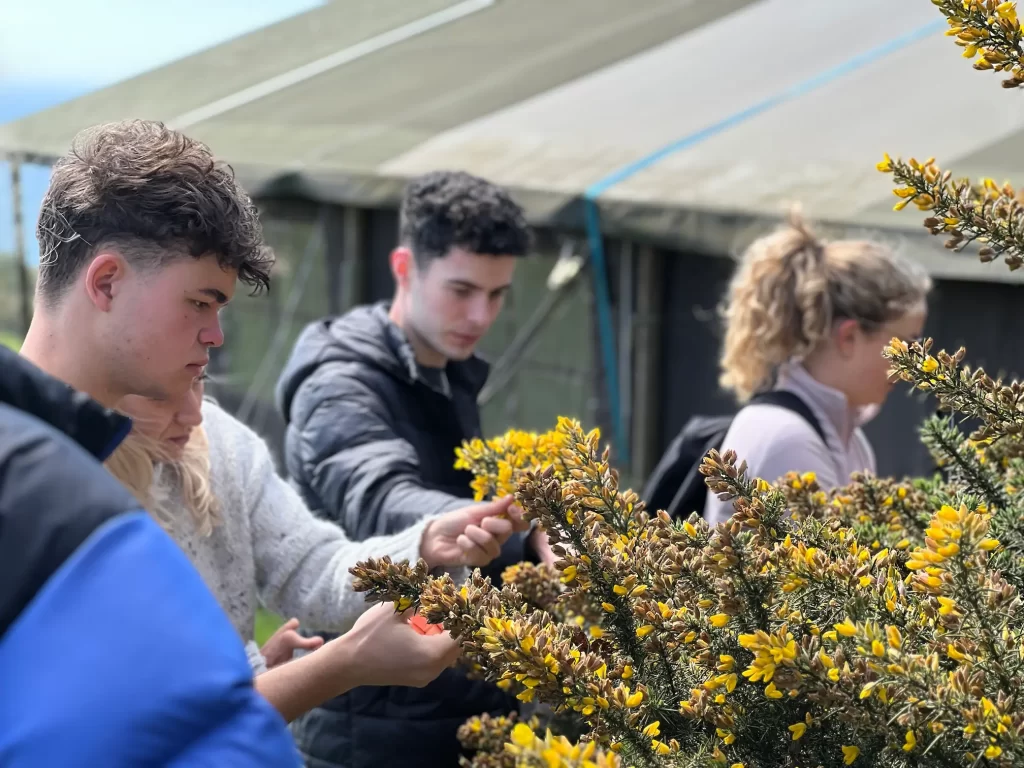Building on and inspired by the Reach Retreat Pilot 2024. Durham University are running a ground-breaking Research project alongside the Reach Retreat and Mentorship Programme. 2025 -28. If you are interested in a taking up a PhD at this time in your life, that can potentially make a difference in the lives of young adults with an ULD in years to come please read on…..

Number of awards: 1
Closing date: 26th May
About the project
This research is a collaborative project working with individuals with an upper limb
difference (ULD) – i.e. with some visible or functional difference in one or both of their hands or
arms. A growing research base has identified the diverse strategies and experiences of children
growing up with an ULD, moving away from a medicalised approach. This project will focus on
the under-researched area of the challenges experienced by young people with ULD as they
transition into adulthood.
The long-term psychological outcomes of individuals with ULD are relatively unknown, with
some research suggesting that individuals with ULD demonstrate increased determination and
appreciation of being unique but may also experience social challenges related to their visible
difference. There is evidence from young people with other physical differences that focused
time together and mentoring opportunities can enhance wellbeing and support individuals in
being confident to address these challenges. Similarly, peer-led workshops challenging
appearance culture can enhance body image in teenagers and students.
The current project partners with the charity Reach to track young adults with an ULD as they
take part in a residential camp and longer-term mentoring programme created by and for those
with an ULD. One strand of the PhD project will provide feedback to Reach on the quantitative
and qualitative evidence for the effects of the programme. Alongside this, the student will
develop and pursue other research questions relating to how young adults with an ULD
conceptualise and experience body image and appearance culture.
Methods will include quantitative questionnaires and interviews with the young adult
participants and their mentors. These will be conducted both in-person and online. The PhD
student will use both quantitative and qualitative analysis techniques across the project, and
will gain skills in community engagement, co-production of research, and scientific writing.
Applicants should have a background in Psychology or a closely related discipline. Pre-existing
insight into ULD or related communities would be an advantage, but is not essential. The
research will be supported by supervisors Prof Lynda Boothroyd (an expert in body image in
understudied populations) and Prof Dorothy Cowie (an expert in motor development in children
with ULD), with input from Dr Louise Hanson, a recently completed doctoral researcher with
experience in body image development. The student will attend both the appearance-focused
and ULD-focused lab meetings and benefit from membership of the Developmental Science
Research Group within the Department of Psychology.
Funding Notes
This PhD studentship is for 3.5 years and is available to home students only. The funding covers
a tax-free stipend at the UKRI rate (£20,780 for 25/26) and the full tuition fees at the home rate,
as well as relevant project costs.
How to apply
If you are interested in applying, you should submit an application through the university’s
applications portal (https://www.durham.ac.uk/study/postgraduate/research
degrees/how-to-apply/), including a CV and personal statement detailing your reasons for
applying for the project, your past research experience, and your potential areas of focus within
the project, by no later 26th May 2025. Please also email pgrinfo.psy@durham.ac.uk
(Departmental PhD administrator) and gemma.cornetti@durham.ac.uk (PA to Professor
Boothroyd) to inform them you wish to be considered for the Boothroyd/Reach studentship so
your application can be appropriately directed.
References
Brichacek, A.L., Neill, J.T., Murray, K. et al. The Effectiveness of Body Image Flexibility
Interventions in Youth: A Systematic Review with Meta-Analysis. Adolescent Res Rev (2025).
https://doi.org/10.1007/s40894-024-00256-w
Indelicato NA, Underwood RM, Kane BM. Privileging Their Lens: Using Photovoice to Explore the
Self-Image of Youth with Upper Limb Differences. Journal of Creativity in Mental Health. 2019 Jul
3;14(3):315–28.
McDougall L, Kennedy J, Coombs C, Penington A. The psychosocial impact of congenital hand
and upper limb differences on children: a qualitative study. J Hand Surg Eur Vol. 2021 May
1;46(4):391–7

Durham University would welcome interest from the limb different community . If you have questions you would like to ask before applying please contact Lynda Boothroyd via email: l.g.boothroyd@durham.ac.uk
Everyone at Reach wishes you the best of luck if you are applying.

